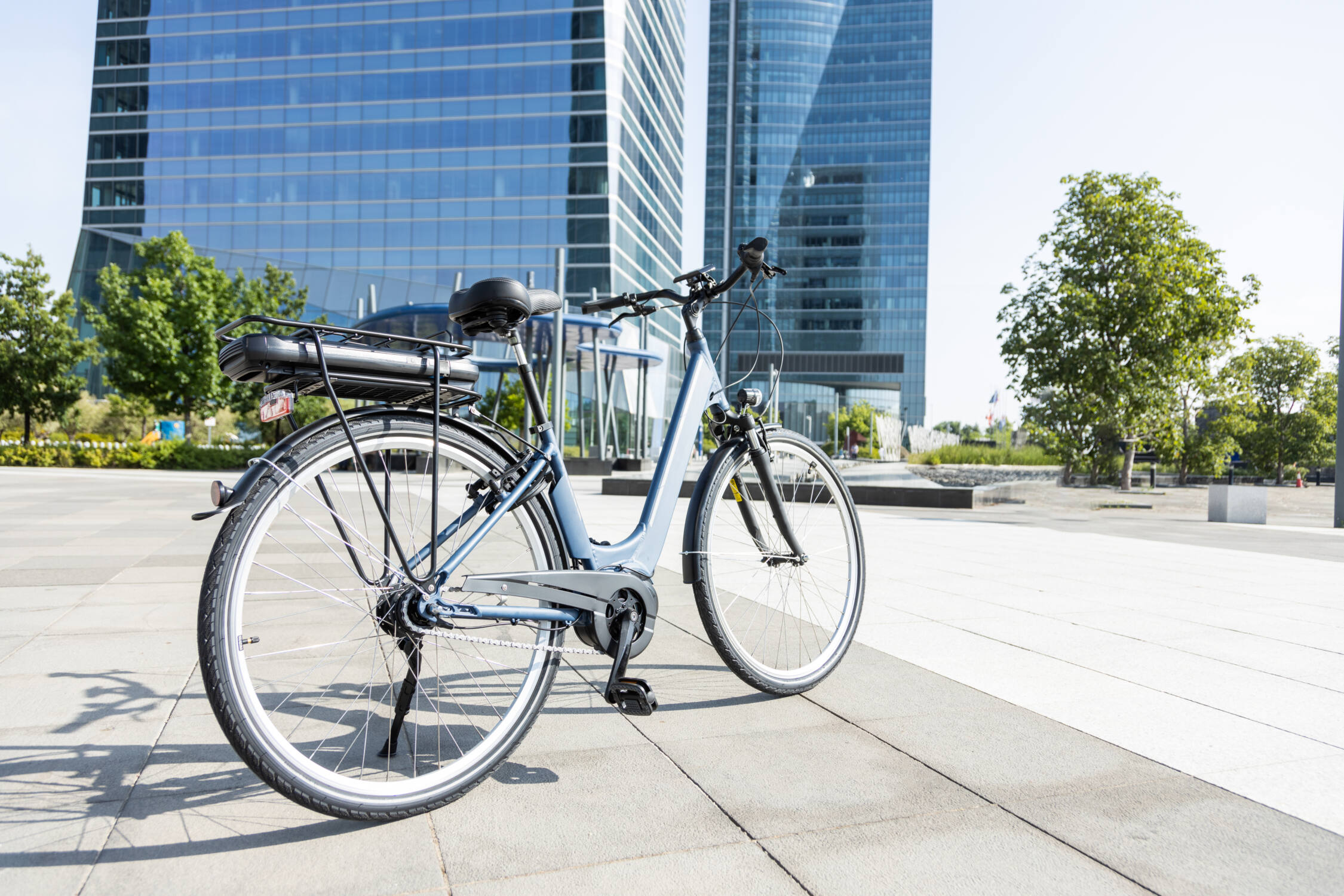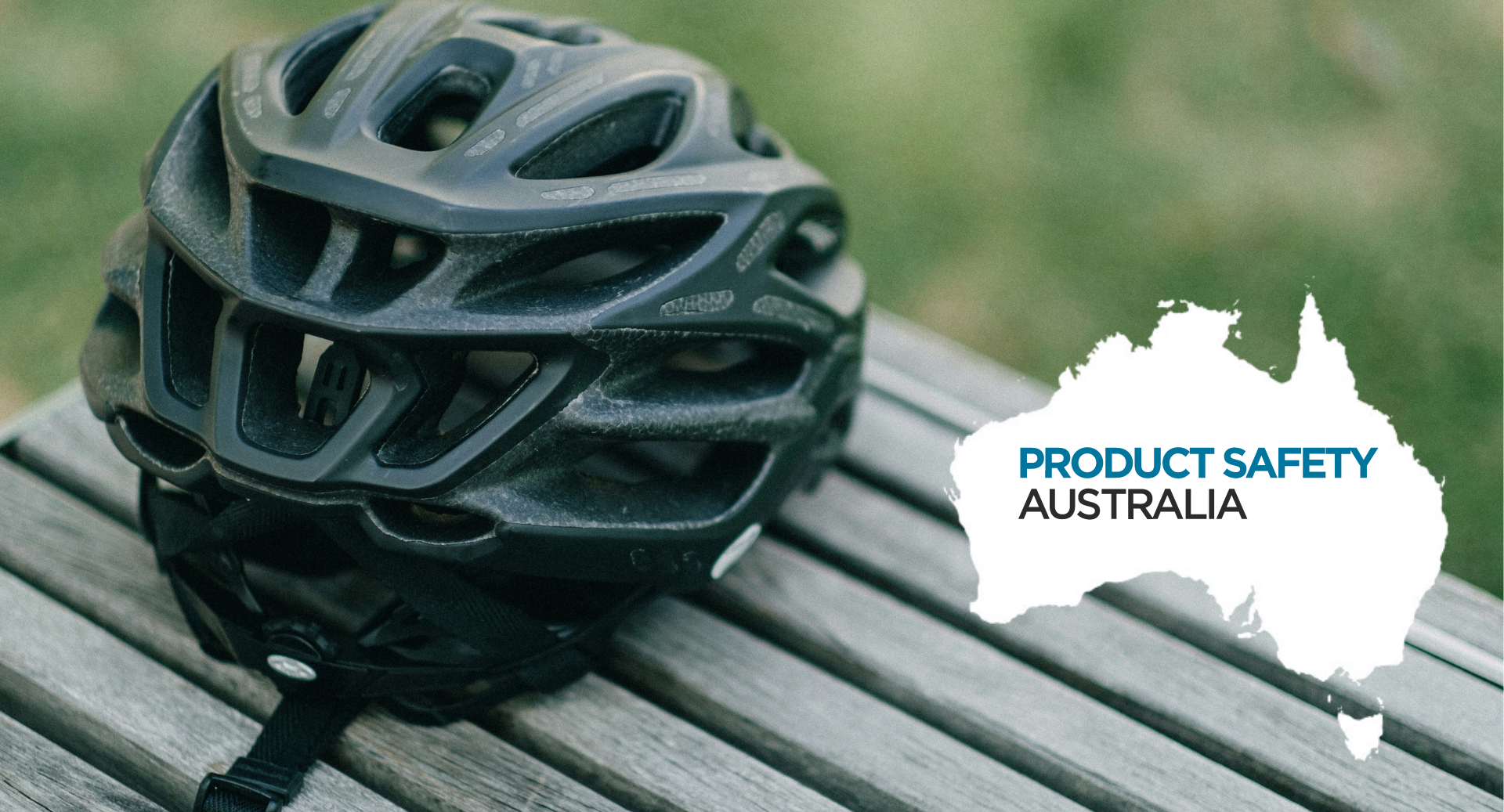
Lithium-ion batteries have become the powerhouse behind the surge in portable electronic devices, e-bikes, e-scooters, and household items. As these energy-dense items continue to infiltrate our daily lives, the importance of safety testing cannot be overstated. This article delves into the intricate process of safety testing for lithium-ion batteries, with a focus on their applications in personal use items.
In the realm of battery testing, third-party accredited laboratories play a critical role in ensuring that these power sources are not only efficient but also safe. ACT LAB is an ISO 17025 accredited laboratory with extensive experience testing lithium-ion batteries and the products that need them to function. Ready to start your own lithium-ion battery testing? Contact us today to learn more.
About Lithium-Ion Batteries
Lithium-ion batteries are renowned for their high energy density, making them the preferred choice for a wide range of applications. The basic structure of a lithium-ion battery comprises an anode, a cathode, and an electrolyte, all enclosed in a protective casing. During operation, lithium ions move between the anode and cathode, generating electrical energy that powers our devices.
Despite their undeniable advantages, lithium-ion batteries come with inherent safety concerns. Issues like thermal runaway, short circuits, and overcharging can lead to catastrophic consequences, including fires and explosions. This underscores the critical need for stringent safety testing protocols to mitigate potential risks.
Safety Testing in E-Bikes, E-Scooters, and Hoverboards
The popularity of electric bikes (e-bikes), electric scooters (e-scooters), and hoverboards has surged in recent years, with lithium-ion batteries serving as their primary power source. Given the mobile nature of these vehicles and their close interaction with users, safety testing is essential.
Third-party accredited laboratories play a pivotal role in ensuring that lithium-ion batteries used in e-bikes and e-scooters meet stringent safety standards. The testing process encompasses a comprehensive evaluation of various factors, including:
- Cell Integrity: Before assembling batteries into packs, individual cells undergo rigorous testing to assess their integrity. This includes checking for defects, ensuring consistent capacity, and evaluating the overall quality of each cell.
- Thermal Performance: E-bike and e-scooter batteries are subjected to extreme temperature conditions during operation. Testing involves evaluating the thermal performance of batteries to ensure they can withstand temperature variations without compromising safety.
- Overcharge and Overdischarge Protection: Battery management systems (BMS) are tested to verify their ability to prevent overcharging and overdischarging, both of which can lead to safety hazards. Proper functioning of the BMS is crucial for the longevity and safety of the battery.
- Mechanical Testing: As e-bike and e-scooter batteries are often subject to physical stress during usage, mechanical testing is performed to assess their resilience to vibrations, shocks, and impacts.
- Cycling and Life Testing: Batteries undergo repeated charge and discharge cycles to simulate real-world usage. This helps determine the lifespan of the battery and ensures that it maintains its safety and performance characteristics over time.
Personal Electronics Safety Testing
The commonplace of personal electronics, such as smartphones, laptops, and tablets, has made lithium-ion batteries an integral part of our daily lives. Safety testing for personal electronics is multifaceted, focusing on various aspects to guarantee the safety of these devices:
- Circuit Protection: Personal electronics are equipped with circuitry to safeguard against overcharging, short circuits, and other electrical faults. Safety testing ensures that these protective mechanisms function reliably under different conditions.
- Impact and Crush Tests: Given the portable nature of personal electronics, they are susceptible to accidental drops and impacts. Rigorous testing includes subjecting devices to impact and crush tests to evaluate their resilience and the safety of the enclosed batteries.
- Electromagnetic Compatibility (EMC) Testing: Personal electronics often emit electromagnetic radiation during operation. EMC testing ensures that the radiation levels comply with regulatory standards, preventing interference with other electronic devices and ensuring user safety.
- Abuse Testing: In addition to normal usage scenarios, personal electronics may be subjected to abuse, intentional or accidental. Testing involves simulating extreme conditions, such as exposure to high temperatures, to assess the safety and stability of the battery under adverse circumstances.
Household Items and Lithium-Ion Batteries
The integration of lithium-ion batteries into household items has revolutionized our daily routines, powering everything from cordless power tools to vacuum cleaners. Safety testing for batteries used in these applications is crucial to guarantee the safety of users and their surroundings:
- Chemical Compatibility: Household items often expose batteries to a variety of chemicals and substances. Safety testing involves assessing the chemical compatibility of batteries to ensure they remain stable and safe in diverse environments.
- Leakage Testing: Lithium-ion batteries should not leak harmful chemicals, especially in household items that are frequently handled. Rigorous testing evaluates the structural integrity of the battery casing to prevent leakage and potential harm.
- Safety in Enclosed Spaces: Household items are often used in enclosed spaces, and safety testing considers the impact of potential off-gassing or thermal events in confined environments.
- Functionality Under Load: Batteries used in power tools and appliances are subjected to high loads. Safety testing includes evaluating the battery’s performance under heavy use to ensure it maintains stability and safety.
The Role of Third-Party Accredited Laboratories
Third-party accredited laboratories play a pivotal role in the safety testing process for lithium-ion batteries. Laboratories like ACT LAB bring a level of objectivity and impartiality to the evaluation, ensuring that the results are reliable and trustworthy. The accreditation process itself involves rigorous scrutiny, ensuring that the laboratory meets international standards for competence and impartiality.
By entrusting safety testing to third-party laboratories, manufacturers, regulatory bodies, and consumers gain confidence in the reliability and safety of lithium-ion batteries. The testing process not only identifies potential risks but also facilitates continuous improvement in battery technology, driving innovation while maintaining a steadfast commitment to safety.
About ACT-LAB
ACT-LAB is an ISO/IEC 17025 accredited laboratory that conducts consumer product safety and compliance testing for an active world. We can help ensure that your products both meet industry standards and are inspected to ensure the utmost quality.
To learn more about our tests contact us today.
Read more about our accreditations here.
 ISO/IEC 17025 Accredited Independent Testing Laboratory
ISO/IEC 17025 Accredited Independent Testing Laboratory








